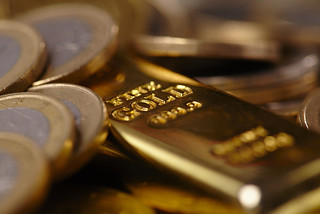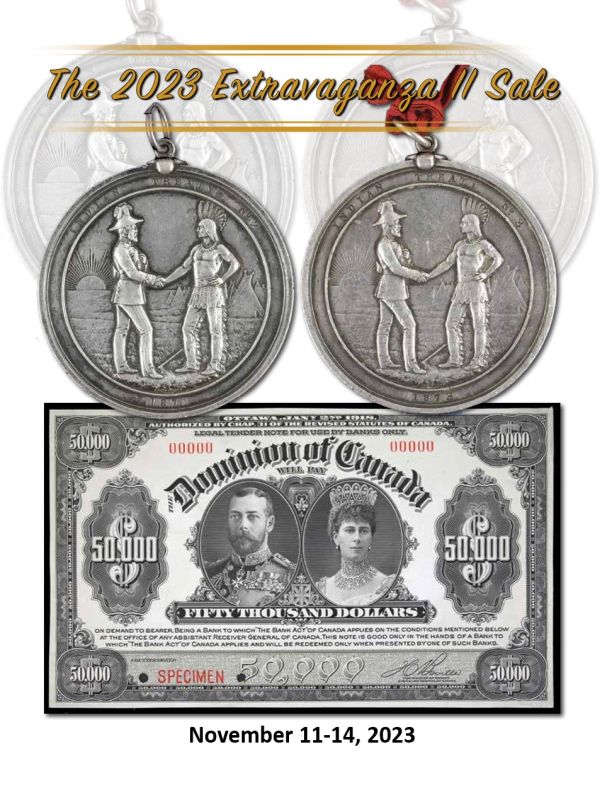
PREV ARTICLE
NEXT ARTICLE
FULL ISSUE
PREV FULL ISSUE
KUWAIT'S POLICING OF COUNTERFEIT GOLDVic Mason of Mamaroneck, NY submitted these thoughts on counterfeiting gold. Thanks! -Editor
While living in Kuwait before Saddam Hussein's invasion in August 1990, I and other foreigners enjoyed visiting the local gold souk to buy coins, jewelry and other items beautifully displayed in the shop windows. Those of us interested in gold coins and bars were early on made aware by veterans to watch out for coins and bars that looked right but might really be gold-plated counterfeits.
The The Kuwait government dealt with the risk of counterfeit products by setting up an office in the middle of the gold market, where any customers, local or foreign, could take their purchases, along with their sales receipts, and a government official expert in detecting frauds and fluent in English could test the purchases. For example, whenever I bought gold Mexican, Turkish or other coins, I would immediately go to that office with my receipts.
The little office's floor was made of concrete, and the officials didn't examine how much you paid; that was to be bargained between buyer and seller. The official would simply drop the coin on the floor. If the An American friend told us how she had once gone there and bought what she thought was a gold bar weighing one kilogram (one thousand grams) in the gold souk but which was really plated wolfram. Fortunately for her, the government official detected the fraud and she was reimbursed. It was a valuable cautionary tale for the rest of us, never to be forgotten. But the local English language papers in Kuwait rarely reported such stories. The merchants in the gold souk, both Kuwaiti and foreign, were usually trustworthy, and too smart to let their reputations be ruined in such a greedy manner. Kuwait was proud of its gold market, considered in those days the second best place, for price, to buy gold in the Arabian gulf region after Dubai.
To read the earlier E-Sylum article, see:
Wayne Homren, Editor The Numismatic Bibliomania Society is a non-profit organization promoting numismatic literature. See our web site at coinbooks.org. To submit items for publication in The E-Sylum, write to the Editor at this address: whomren@gmail.com To subscribe go to: https://my.binhost.com/lists/listinfo/esylum All Rights Reserved. NBS Home Page Contact the NBS webmaster 
|

